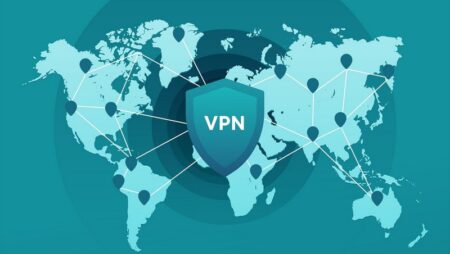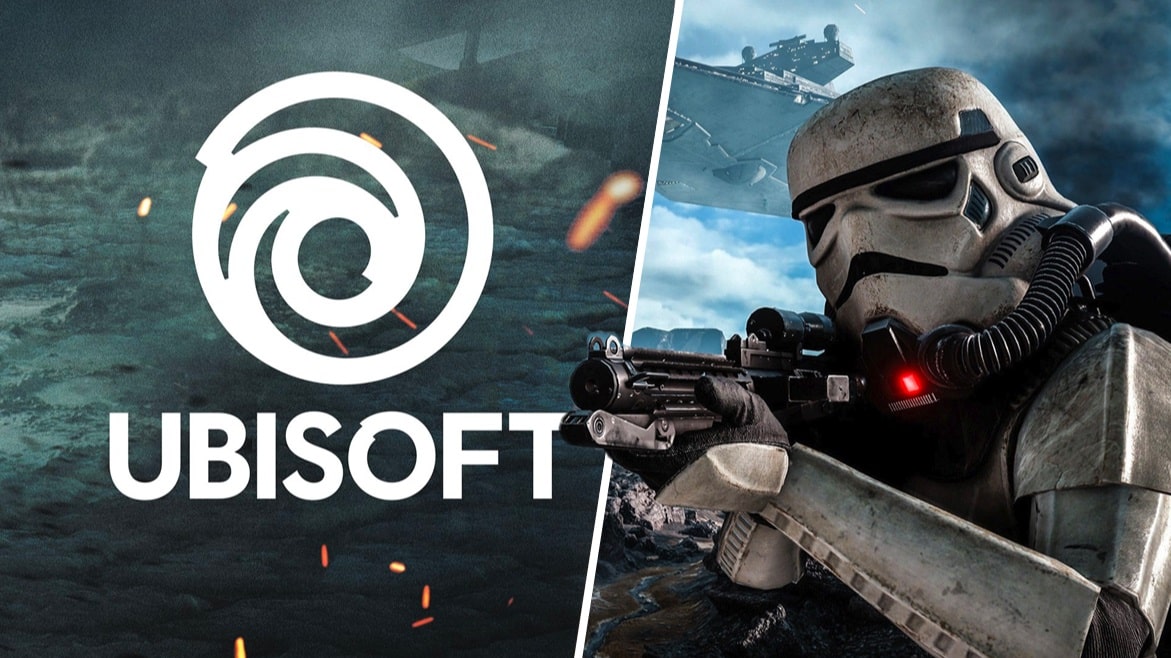There is a clever affair of acronyms on the internet. Your isp provides you with an address so that your device can reach the DNS from an ICANN synchronized URL.
Are you kidding me? The truth is that the average internet user – doesn’t get any of this, and don’t panic if you’re part of that community. It doesn’t matter objectively to you. However, there is one acronym that I think anyone who owns a machine should know about VPN, which stands for the virtual private network. It can help you, for example, if you want to take NZ 10$ deposit bonus or free spins in a best online casino, but the access to the site is denied.
What is a VPN and why is it necessary? Let’s dig in together and find out.
What is a VPN?
It’s more important for us nowadays to protect our computers than for us to lock our doors. If you met someone who had compromised their identities, you know it’s not an easy scrub and replacement. And what can you do to protect yourself? There are a variety of steps you can take, such as changing your website, security settings, or building long, safe passwords, but one of the simplest things you can do today is to start using a VPN.
It’s not foolproof, and despite ads, I don’t think we’re ever completely private or absolutely protected on the internet, but it’s the first step you might take to making yourself well then, the question arises: what exactly is a VPN?
What does a VPN look like?
Often a VPN, a virtual private network is a way to encrypt or lock your data in order to keep it protected and to provide a privacy layer to protect your identity. One way you can imagine a VPN, without getting into too much dull depth here. Imagine this is you on your computer and the internet is the cloud. Your machine normally accesses the internet directly via your internet service provider.
While this connection can be easy, it’s seldom safe, and it’s very easily tracked back to you. imagine that your internet access is diverted to a server in another place through a safe tunnel; sometimes in another area, sometimes in another country. At this point, the server is accessing the internet on your behalf.
The advantage here is that you are not just keeping the data secure, you’re actually masking your position by letting the internet believe you’re situated where the server is not your home or workplace. VPNs were initially created by companies who wanted to shield their confidential data from being transmitted over public and private networks, but after WikiLeaks became a household name, the personal VPN market has understandably expanded by leaps and bounds. What do most people realize? Isn’t all VPN encryption equivalent. You can encounter words like OpenVPN vs PPTP or 256-bit encryption vs 128-bit encryption.
It’s not necessary for you to grasp any of these ties. Protocols clearly know that higher bit encryption rates are better than lower bit encryption rates and, obviously, any form of VPN encryption is better than none at all. Now in the real world.
How does a VPN help me?
With a VPN, I can switch to my favorite coffee shop on the internet and be sure that all the codes I type or websites I access can be captured by a hacker sitting in the corner. Sipping, a latte, a VPN will bypass the internet or trick it into thought. You’re in another place. I might be signing in to my machine in Bangkok, Thailand for example, but I can fake my place to Chicago or Paris with a VPN. This is critical if you are traveling or want to play online casinos in CasinoslotsNZ but can’t open the site. It’s because in some countries gambling is not legal, so many gamers must use VPN for play on his favorite site.
Reasons why people do not use a VPN
Now, let’s pause for a moment and discuss the reasons why not use a VPN. I mean, if a VPN is so critical, why are everybody and their mother using one right? There are a few reasons why this is the case.
First, most people don’t know that anything as easy as using a public wi-fi network outside their homes poses a significant danger to your protection. I’m not here as an alarmist. It’s creepy, quick to snoop over a public wi-fi network on computers.
Second, some people don’t like having a VPN, so it automatically slows down their internet rates. When you try to encrypt and redirect internet traffic, there’s no way to get around a speed drop.
Third, personal VPNs, eventually, cost capital. There are definitely free VPNs out there, but as they say, nothing really is secure. These free VPNs. Either show lots of advertising or sell your content, which is the exact opposite reason for using a VPN. The fees received aren’t nuts, costly but for some reason, it’s become an obstacle to people.
Conclusion
Encourage me to end with these thoughts with this clarification of a VPN. Firstly, a VPN isn’t an internet connection. it’s a safe way to get online. The good news, a VPN, is always very easy to use, particularly though you don’t care about yourself. If you use public Wi-Fi you should seriously consider a VPN.






